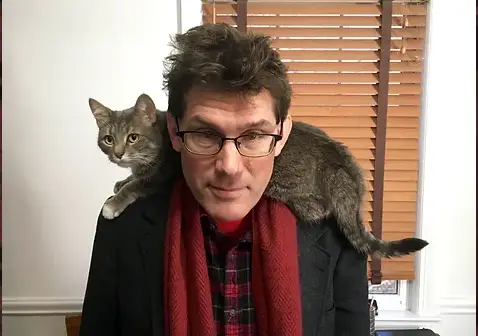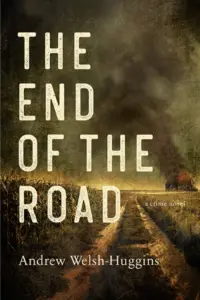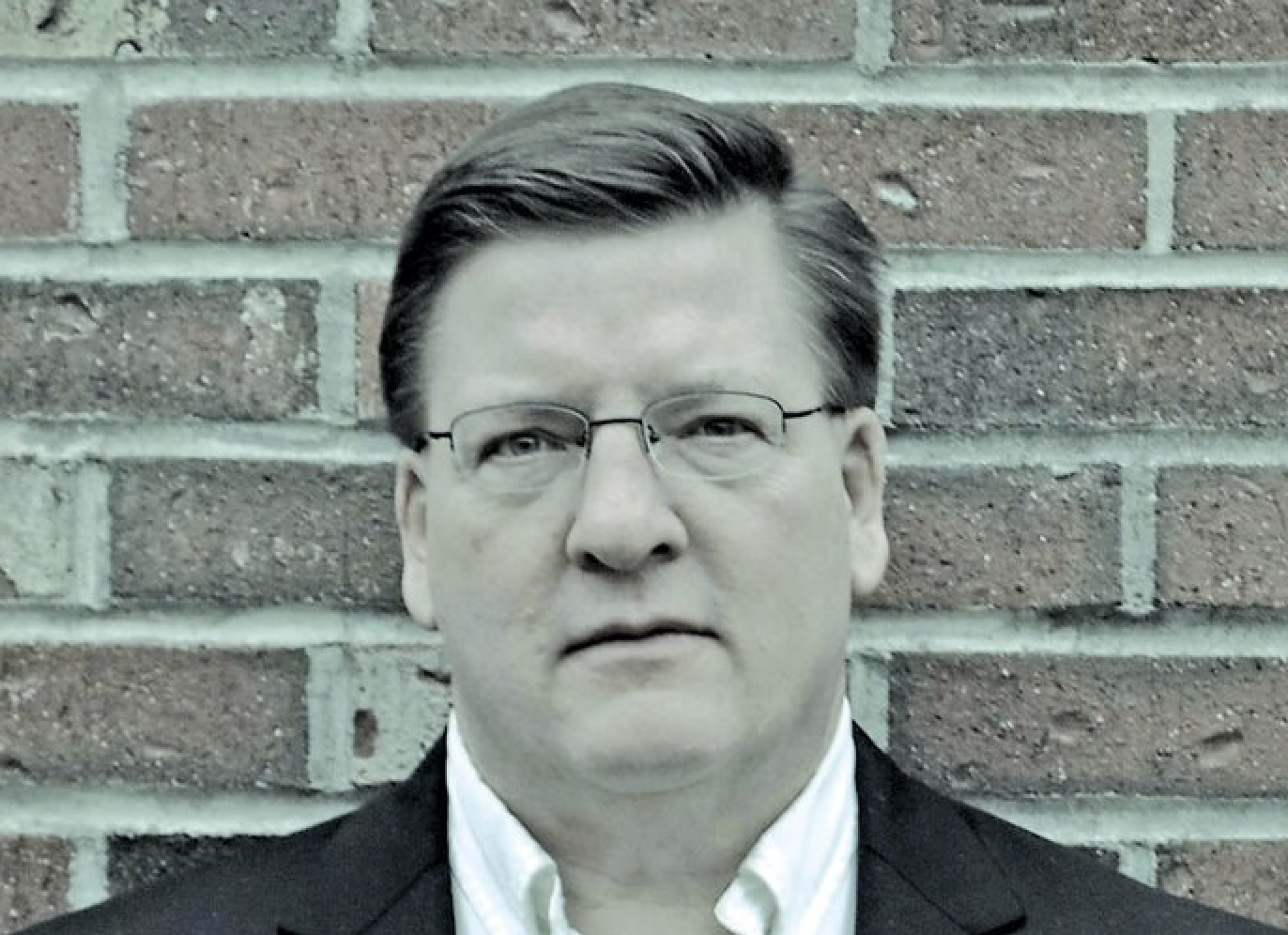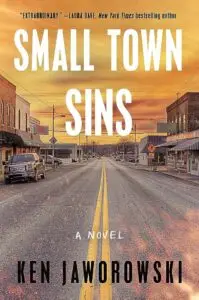"Discovering the Writer Within: Insights from Our Podcast Guests"
INSIGHTS FROM OUR PODCAST GUESTSCE Albanese | October 16, 2023
1. What challenges (crafting, editing, querying, publishing, etc.) did you face while writing END OF THE ROAD, and how did you overcome them?
Getting The End of the Road published was indeed a long road. I wrote the first draft in the summer of 2015 between novels in my Andy Hayes private eye series. Over the next few years, I unsuccessfully submitted the draft to multiple agents and smaller publishers, many of whom said nice things about—and made useful suggestions—but ultimately passed on it. My fortunes changed in March 2020 when Mystery Tribune magazine published a short story of mine, The Path I Took, which Mysterious Press then selected for its Best Mystery Stories of the Year 2021 edition. Following that, I submitted The End of the Road to Mysterious Press publisher Otto Penzler, who accepted it and offered me a contract. In short order, I secured an agent and underwent the editing process. Otto made some great suggestions that really strengthened the manuscript, which was finally published in the U.S. in April and the UK in August to positive reviews, including nice Booklist and Kirkus shout-outs and being named one of the best thrillers of the first half of 2023 by Library Journal. In terms of overcoming all these challenges, I just kept at it by believing in my book and not giving up.
2. Have you ever had a reader’s interpretation of your work drastically change your own understanding of a character or plot point?
Over the years, people have commented on the love life of my private eye character, Andy Hayes, who drifts from girlfriend to girlfriend, afraid to commit following two divorces and a broken engagement. (In fairness, he’s also been dumped a few times.) Reflecting on readers’ perspectives inspired me to try to round out Hayes’ personality and hopefully make him less of a tough-guy private eye trope and more authentically human. Although as of Book Eight, he still doesn’t have a steady girlfriend.
3. How has your journey as an author influenced your perspective on life outside of writing?
It’s easy to become overwhelmed by the up-and-down world of writing and in particular consumed by the inevitable feeling (I know I’m not alone here) that I’m not successful enough, that I haven’t achieved the next great thing, that I’m an imposter, that I still haven’t earned enough for that yacht, etc., etc. I know everyone frets about their jobs and their accomplishments, but I really think that when it comes to self-esteem, fiction writing can be its own special hell some days. What’s helped is focusing on the fact that, while recognizing that my writing is an avocation that I love, it’s also just a job. Understanding this has helped me remember to establish priorities outside writing, whether spending time with family, exercising, traveling, or going to games, concerts, and shows.
4. What advice do you have for aspiring writers who may be reading this? Are there any lessons you’ve learned on your writing journey that you’d like to share with others?
The big-picture advice I always give is two-fold. First, prepare to play the long game, since representation and/or publication can take years to accomplish. Second, give yourself permission to treat writing as a serious endeavor, which includes both taking the time to do it and immersing yourself in all its aspects, from understanding your genre to exploring craft opportunities through conferences and conventions.
The smaller picture stuff goes like this. First, pick a time of day to write (morning, noon, night; makes no difference) and try to write at least five days a week). Next, choose a place to write (desk, couch, bed; wherever) and try to keep that consistent. Finally, read until your eyes swell shut. Then, read some more.
CE Albanese | October 5, 2023
1. What challenges (crafting, editing, querying, publishing, etc.) did you face while writing SMALL TOWN SINS, and how did you overcome them?
I’d written several novels, all of them unpublished, before “Small Town Sins.” Each of those was a struggle to finish, yet “Small Town Sins” was surprisingly easy to write. There are several reasons why, but the biggest is because of a quote I read from Scott Smith (“A Simple Plan”). When asked about writing his novel, he said (and I paraphrase) that he always erred on the side of action, because he was afraid of boring the reader. I think a lot of my earlier efforts were too exposition-filled and introspective. This time around, I kept the reader front and center of my mind when I was writing, and that made a big difference.
2. Have you ever had a reader’s interpretation of your work drastically change your own understanding of a character or plot point?
Yes! I have a journalism background, and I am always amazed how two people can read the same piece and come away with wildly divergent views of what was said. I didn’t expect the same thing to happen with fiction, but it certainly does. I’ve had several readers discuss the ending and see things much, much differently than I did, or their fellow readers did. It’s a revelation every time.
3. How has your journey as an author influenced your perspective on life outside of writing?
Not to make too profound a statement, but again and again (and again) I find myself amazed by kindness shown to me, be it from teachers when I was a child, to strangers in a supermarket. And that kindness had continued, and even been amplified, by publishing this novel. I’ve gotten wonderful emails from readers and made some great friends with fellow authors.
4. What advice do you have for aspiring writers who may be reading this? Are there any lessons you’ve learned on your writing journey that you’d like to share with others?
To piggyback on my first answer: remember the reader. Anyone can write for themselves, but publishing is a sort of communion between the writer and reader. You’re saying to someone ‘Hey, follow me, trust me, I’ve got something cool to say.’ And if you make that kind of promise, you better keep your end of the deal.






